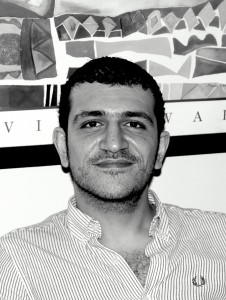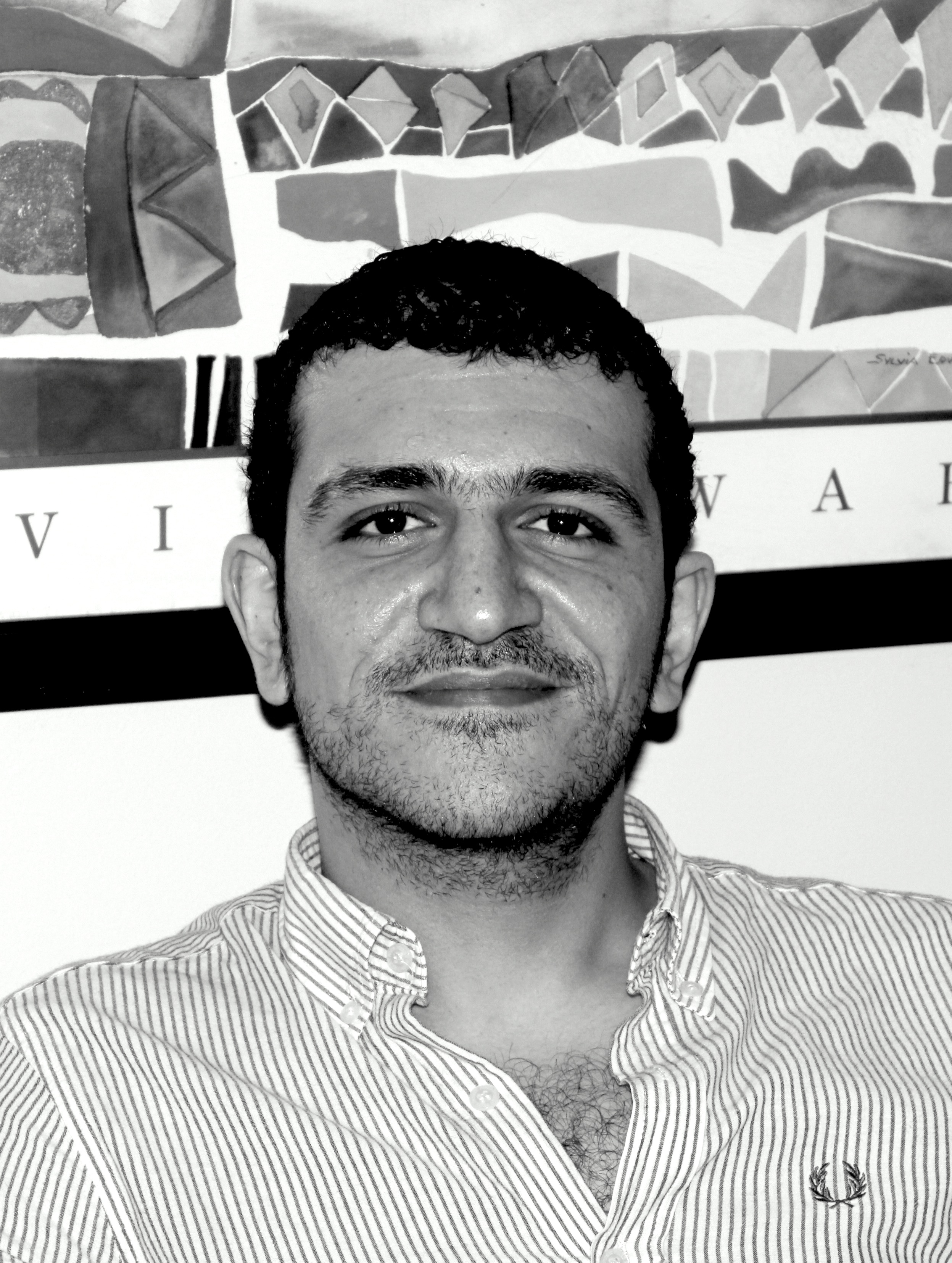The prospect of liberating the state from the yoke of military rule seems ever so bleak. Surely Egypt’s political makeup is at the peak of transformation, the identity of the cabinet is finally revealed, much to the shock and perplexity of most of us, an Ikhnocratic government if you will… Still, we helplessly wish for an auspicious finale to the miserable saga of the constitution and the constituent assembly, and for a realisation of the tantalizing notion of a genuinely representative legislature. Today’s political change has a lock on everyone’s attention, on which a ravenous media is naturally capitalising, fixated on President Morsy and his newly christened government, selling steroid-injected but feeble headlines that are meant to captivate rather than inform. On the government’s end, committee after committee is being formed to delineate“prudential” strategies and action plans, but still no tangible action.
 Not to be construed as belittling the significance of what’s taking place these days, but our attention to the acute day-to-day events is providing the perfect milieu for the systemic problems to fester, blinding us from the chronic debate of state demilitarisation. Alas, our once meaningful call for ending military rule has been reduced to a faint platitude, devoid of any substance. Our energetic momentum that prevailed not long ago over the powers that be, or their mere façade to be more accurate, has dwindled to a complete halt.
Not to be construed as belittling the significance of what’s taking place these days, but our attention to the acute day-to-day events is providing the perfect milieu for the systemic problems to fester, blinding us from the chronic debate of state demilitarisation. Alas, our once meaningful call for ending military rule has been reduced to a faint platitude, devoid of any substance. Our energetic momentum that prevailed not long ago over the powers that be, or their mere façade to be more accurate, has dwindled to a complete halt.
Amid the commotion of such paramount changes, the SCAF has cleverly withdrawn from the vanguard of the political scene. And why stay? Its utmost priority remains intact; its supremacy over several vital organs of the economy, which trumps the priority of advancing societal welfare, is now secure, back to its pre-revolution status. The incumbent Ministers of Defence and Military Production have retained their seemingly indefinite tenures, consummating the incestuous marriage between the old powers and the new.
Counter to popular belief, military rule is majorly far from governance, and has been for a few decades. The percentage of the economy that lies beyond the reach of government is indeterminate. It’s cloaked within an intricate web of economic interests that have been consolidated over nearly four decades… How the military came to clasp such a tight grip over the economy is integral to understanding the near impossibility of eradicating military rule. The current economic structure and its arcane connection to the military institution cannot be fully comprehended without examining the historical factors that led to its deep entrenchment in the various echelons the economy.
The 1970s witnessed a radical transformation in Egyptian economic policies. Sadat endeavoured on revitalising the ailing industrial sector inherited from his predecessor, hoping it would serve as an effective instrument in alleviating foreign debt as well as decreasing unemployment.
The 1978 Camp David Summit was the turning point for the military’s direct connection to the political scene. Peace with Israel meant the neutralisation of the sole existential threat to Egypt in region. Hence, extensive military spending on weapon manufacturing was no longer economically justifiable. From this point, the military’s role in politics began to gradually decline, simultaneously being replaced with a new role in the economy, one that has continued to expand ever since.
Sadat’s liberal economic policies and the initial wave of privatisation perfectly complimented the military’s new function, allowing generals to profit from lucrative government contracts with the private sector, and extenuating the military’s massive expenditures. The army’s integration into the economy paved the way for its economic independence.
In 1975, the Arab Organisation for Industrialization (AOI) was founded by Egypt, the UAE, Saudi Arabia and Qatar with the aim of catalysing the economic growth of member states through reducing the cost of military production. After Camp David, the perception of Egypt making peace with the region’s only antagonist led AOI member states to quit the coalition one after the other, until the AOI became entirely Egyptian.
The AOI gradually came to hold a prominent position in every major economic field. Today the military corporation is deeply involved in mass agricultural production, infrastructure projects, exploration and production of mineral resources, a myriad of industries ranging from manufacturing large weapons to safety valves for home use. Benefiting from the free labour of conscripts, the military has become a self-sufficient state within the state, marketing its production to the domestic market as well as international ones, benefiting from diplomatic relations to conduct business on a massive scale, making billions of dollars that are routed back to the military and its generals, sidestepping the state’s treasury.
Wherever you look, you’ll find army generals in key positions. Retired generals are implanted in every ministry, getting paid ridiculous sums of money as “consultants.” They serve as governors and head the largest economic enterprises of the country such the Suez Canal Company or the Alexandria International Container Terminals.
Economic reform will remain impossible since any civilian government won’t have the purview to an indefinable portion of the economy. Ending military rule is not just a bleak prospect; it is unequivocally a far-fetched dream.



